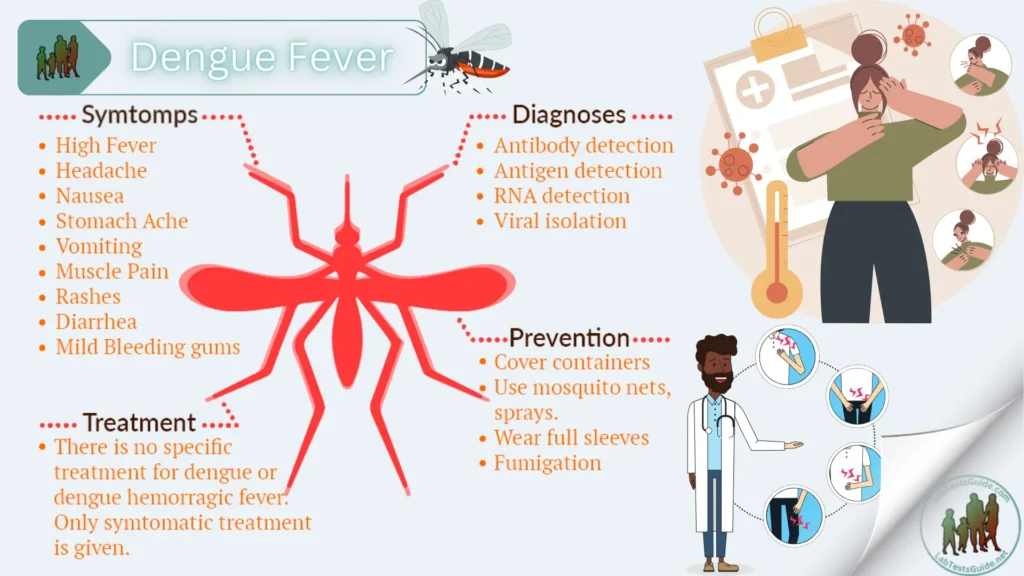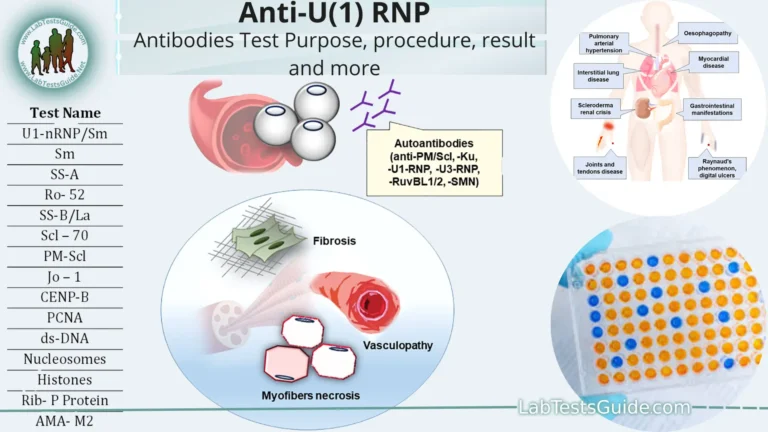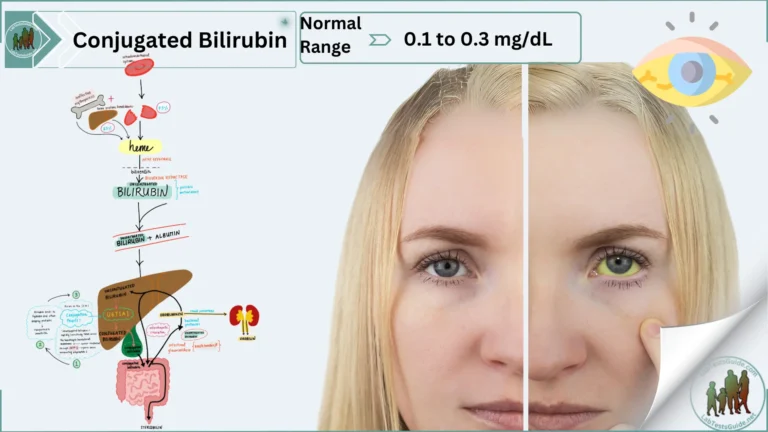Also Known As:Dengue Fever Antibodies, Dengue Fever Virus, NS1, Dengue IgG, Dengue IgM |
Test Panel:Dengue Antibodies (IgG, IgM), Dengue NS1, Dengue Fever |

Dengue fever is a viral infection transmitted to humans by mosquitoes that live in tropical and subtropical climates and transmit the virus. Blood tests detect dengue virus or antibodies produced in response to dengue infection.
Dengue fever is caused by the Dengue virus. This is also called as Break Bone Fever.
Signs and Symptoms
- The incubation period is usually 4 to 7 days after the mosquito bite.
- History of travel from the dengue-endemic area.
- Dengue infection may range from:
- Asymptomatic patients.
- Severe hemorrhagic fever.
- Dengue shock syndrome (Fatal shock).
- Dengue fever is a self-limited biphasic fever disease.
- 50% of the children are asymptomatic.
- This disease is more severe in adults.
- After the incubation period:
- The patient has flu-like signs and symptoms.
- These signs and symptoms last for 3 to 10 days.
- In some cases, it becomes lethal and is called severe Dengue fever.
- There are sudden:
- Fever, mostly high-grade fever.
- The patient may have chills.
- The fever is biphasic, initially 3 to 7 days and then remission of few hours to 2 days.
- There is a sore throat.
- There is a headache.
- Muscle pain leading to severe myalgias.
- Joint pain (arthralgias). This is more common in serotype 2.
- There are sudden:
- There is characteristic skin rash like measles. These rashes may be like maculopapular, morbilliform or petechial form.
- 25% of the cases may show heart involvement.
- 5% may show fulminant hepatitis.
- The patient may go into depression.
- When the disease is severe and may lead to bleeding, it is called Dengue hemorrhagic fever which is due to low platelets count.
- Another complication is low blood pressure which leads to Dengue shock syndrome.
- Some patients may show:
- Ecchymosis.
- Gastrointestinal bleeding.
- Epistaxis.
- In the case of dengue hemorrhagic fever may see:
- Restlessness.
- Epistaxis.
- Abdominal pain.
- The gastrointestinal area may show bleeding. tenderness and ascites.
How To Diagnose
- This may be diagnosed by the signs and symptoms of fever, nausea, vomiting, rashes and generalized pain.
- Laboratory tests are:
- Low blood count.
- low platelets count.
- positive tourniquet test.
- Raised hematocrit due to hemoconcentration.
- ESR is usually normal if it is raised then thinking about another differential diagnosis.
- Confirmatory tests are virus isolation. This can be done in cell culture.
- Virus isolation is possible in the acute phase of the disease.
- PCR -Nucleic acid detection by PCR can be done.
- Viral antigen (NS1) can be detected. This is positive in more than 90% of the primary infection in the febrile phase.
- Serological tests detects dengue virus-specific antibodies.
- These antibodies are of:
- IgG antibody.
- IgM antibody.
- Diagnosis of the disease in the later stages of the infection.
- Both IgG and IgM are produced after 5 to 7 days.
- IgM antibody indicates acute primary infection. This is undetectable after primary infection up to 30 to 90 days.
- IgM may be produced in reinfection.
- These antibodies are of:
- Liver function tests show raised transaminases.
Possible References Used






